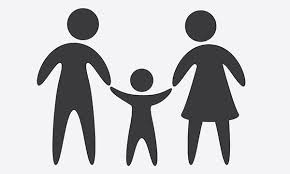
This week on the blog, Daniel [EDIT Lab PhD student] summarises the findings of a recently published study by Taraban et al. investigating the influence of parental depression on the development of behaviour problems in children through its effect on parenting. Parenting can be stressful, so it comes as…

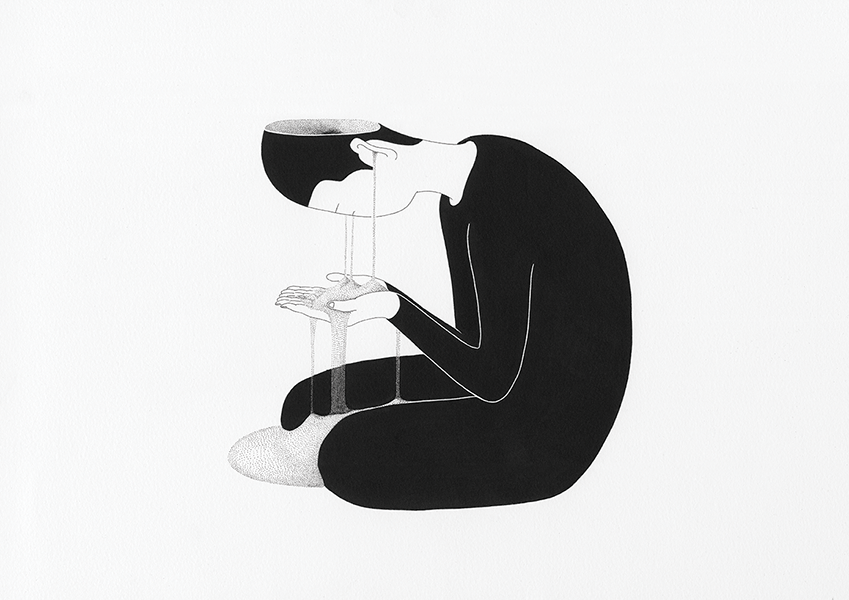
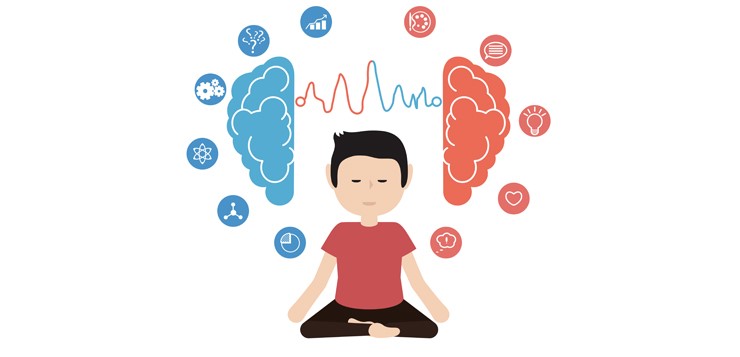
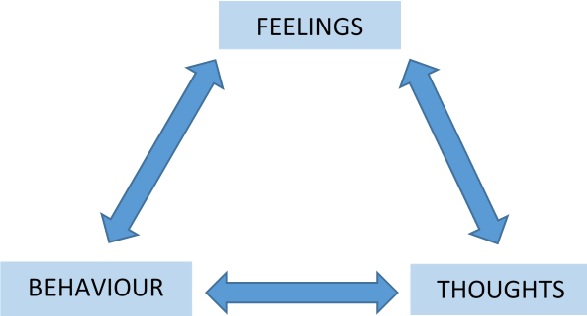
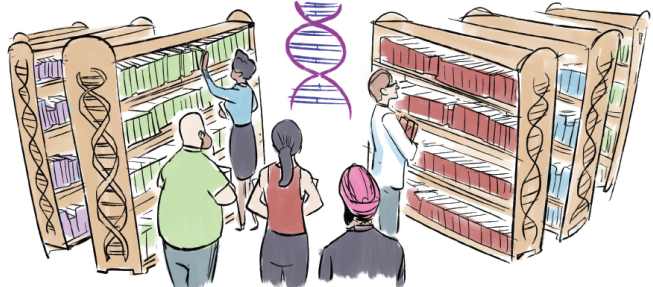
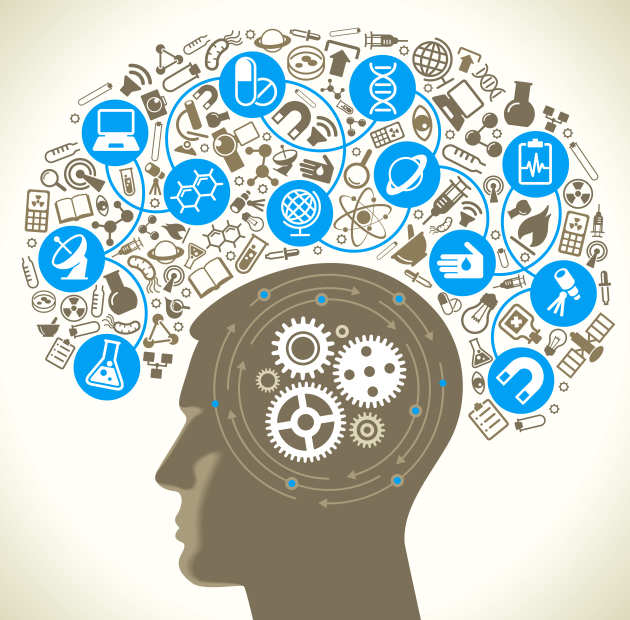
Recent Comments